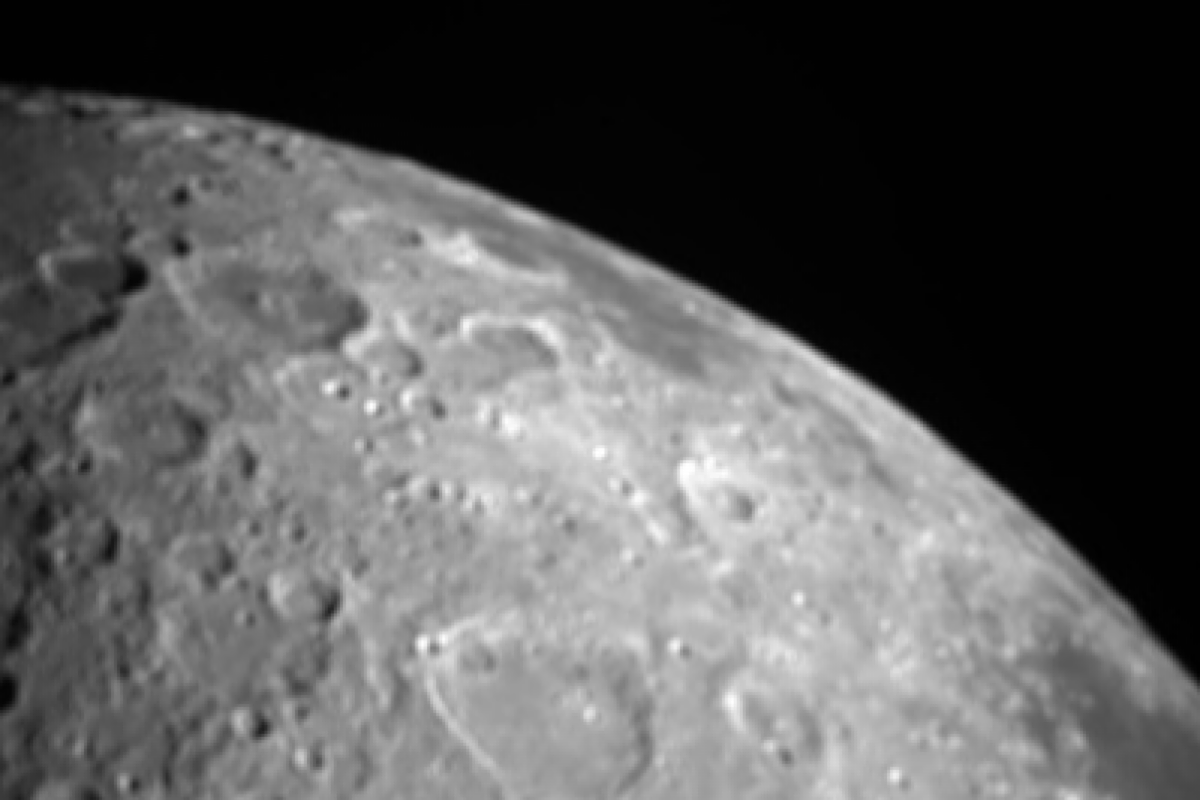Tokyo stocks retreat amid geopolitical, economic uncertainties
Tokyo stocks retreated on Wednesday as investors grappled with heightened uncertainties surrounding US monetary policy and geopolitical tensions between Ukraine and Russia.
China has roped in Pakistan and Belarus to its moon programme that aims to construct a permanent lunar base in the 2030s.

China adds Pakistan, Belarus to build lunar base: Report
China has roped in Pakistan and Belarus to its moon programme that aims to construct a permanent lunar base in the 2030s.
China-led International Lunar Research Station (ILRS) programme now has seven nations — Russia, Belarus, Pakistan, Azerbaijan, Venezuela and South Africa, SpaceNews reported.
It is in direct competition with the NASA-led Artemis Programme, which aims to place astronauts on the lunar surface by 2030, and has the support of 29 nations to date, including India, Australia, Brazil, Canada, France, Germany, Japan, South Korea and the UK.
Advertisement
On October 23, Vladimir Gusakov, chairman of the Presidium of the National Academy of Sciences of Belarus (NASB) and Zhang Kejian, China National Space Administration (CNSA) administrator, signed a joint declaration on cooperation on the ILRS programme.
“According to the joint declaration, the parties will cooperate in the process of creating and operating the ILRS,” the NASB said in a statement.
“The areas of cooperation will be fundamental and applied research in the field of engineering and technologies for space use, new materials and electronic component base, training and advanced training of scientific personnel and specialists. By mutual agreement, the parties shall determine other areas of cooperation,” it added.
This was days after Pakistan’s interim prime minister, Anwaar ul Haq Kakar signed an agreement with Chinese Premier Li Qiang to carry out “extensive cooperation in the demonstration, implementation, operation and application of the ILRS, as well as training and other areas”, according to a CNSA statement.
Pakistan is already involved in the Chang’e-6 lunar sample return mission, due to launch in mid-2024. It is also working on the ICUBE-Q cubesat for the mission in cooperation with China’s Shanghai Jiaotong University.
Belarus and Pakistan’s partnership with the ILRS programme is more political than of technical relevance, Victoria Samson, Washington Office Director for Secure World Foundation, was quoted as saying told SpaceNews.
“Pakistan does not have its own launch capabilities — it depends on China for that — and Pakistan has only 3 active satellites on orbit, while China has over 800,” Samson wrote in an email.
“So in terms of it contributing substantively to the ILRS, I’m not entirely certain it will have a lot of technical things to add. But there is something to be said for political support and it is a statement endorsing China’s moon plans if nothing else.”
Similarly Belarus has only three active satellites in orbit. It likewise has long-standing military ties with China. China built and launched the DFH-4-based Belintersat 1 communications satellite to geostationary orbit for Belarus in 2016.
Advertisement